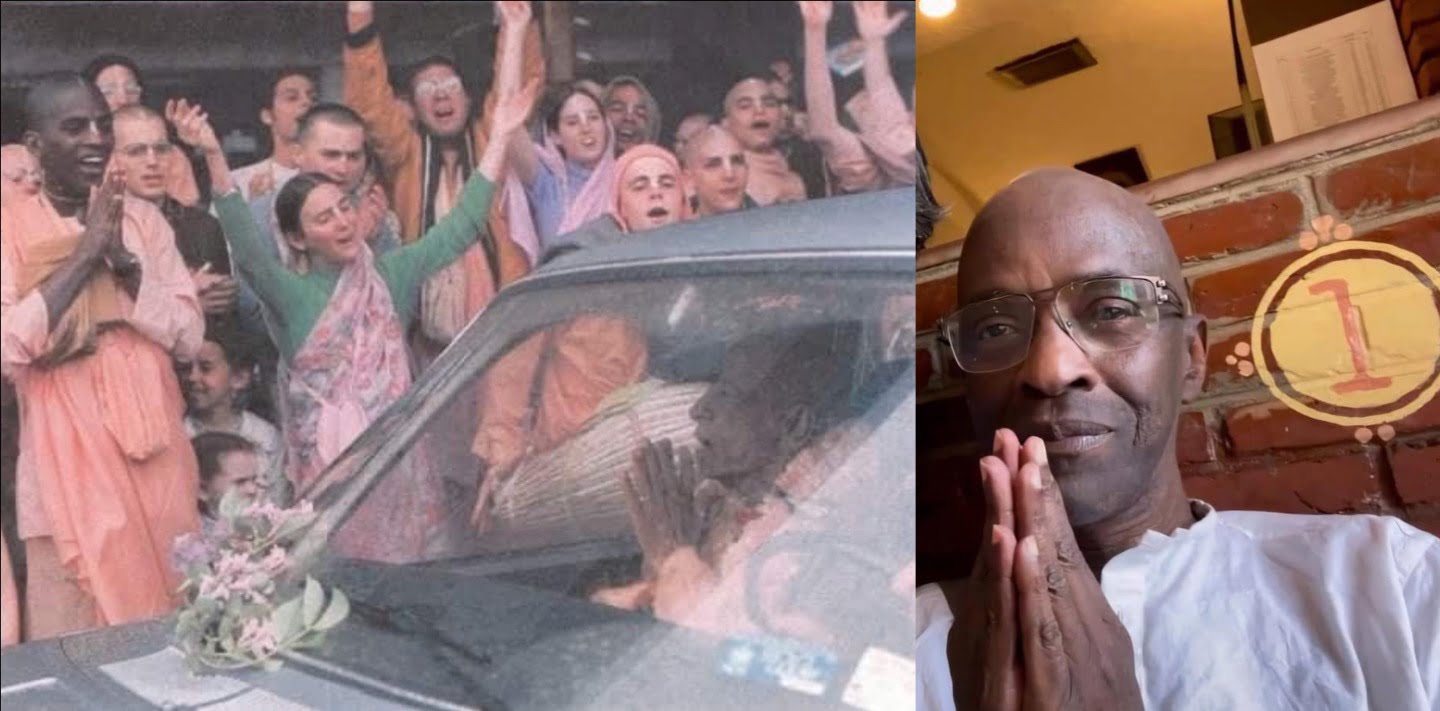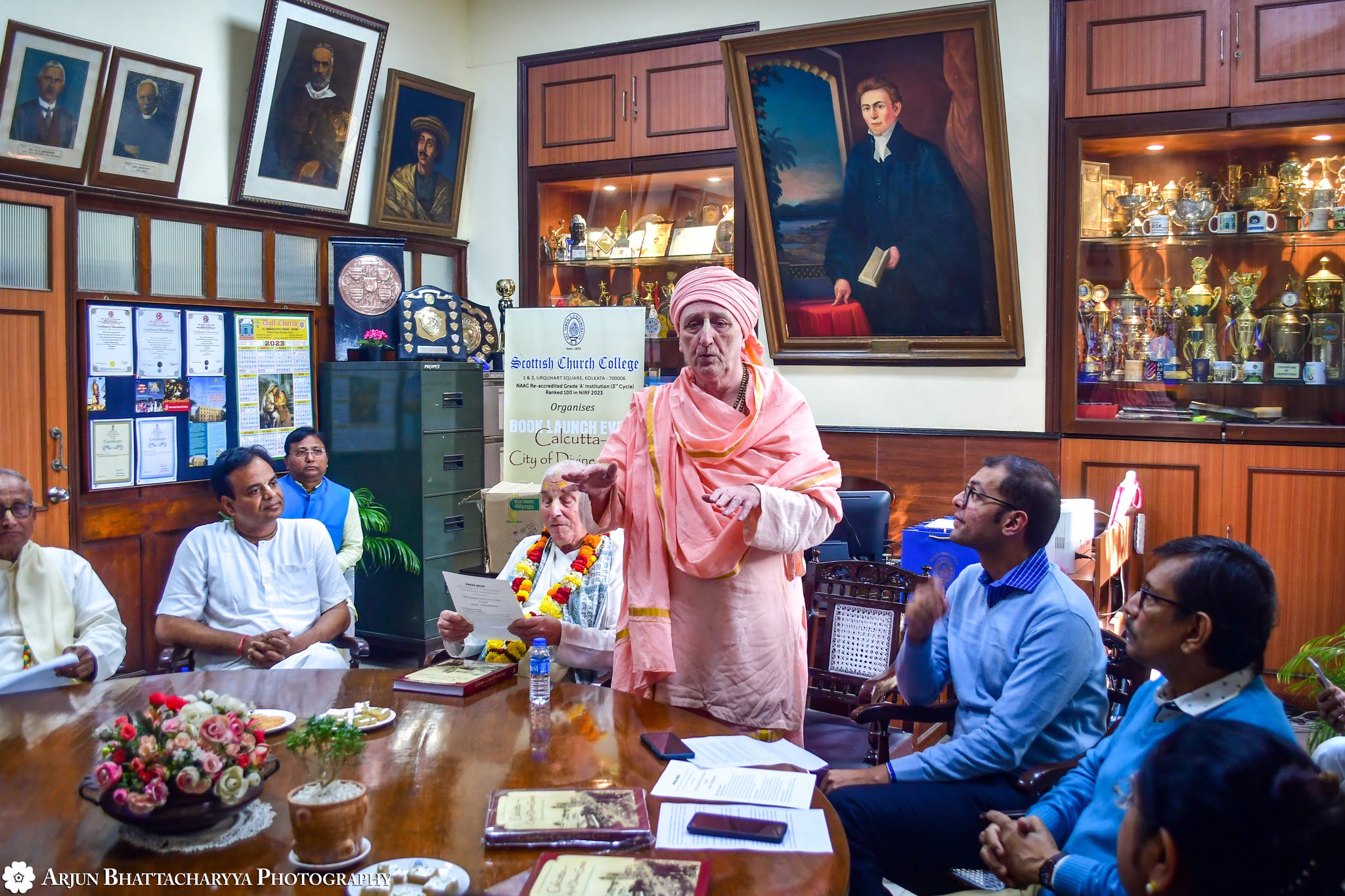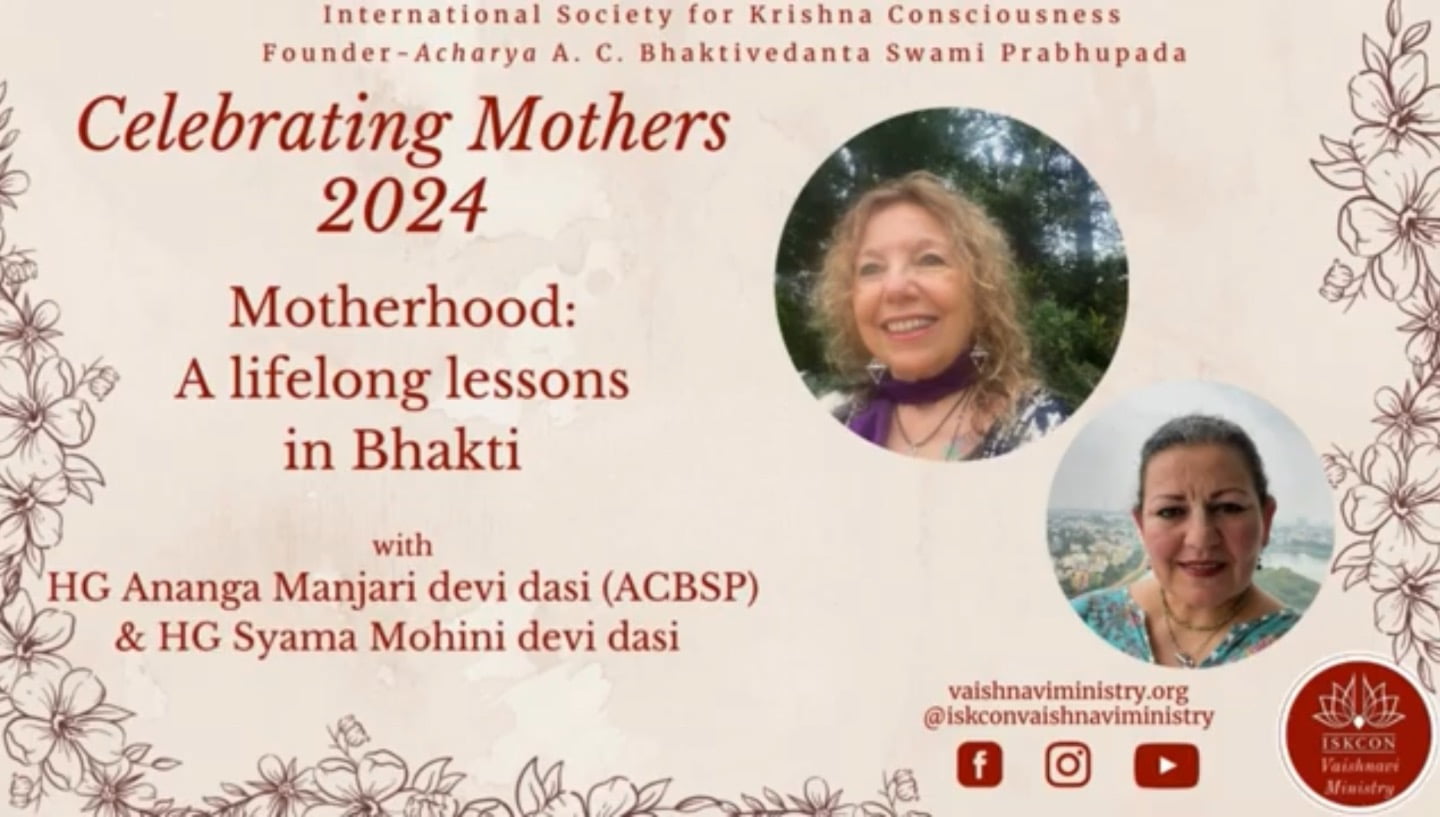Another Spin on the Merry-Go-Round
By Gadadhara Pandit Das | Aug 16, 2013

“What goes around comes around” or “as you sow, so shall you reap” is the basic understanding of how karma, the law of cause and effect, works.
The word karma literally means “activity.”
Karma can be divided up into a few simple categories—good, bad, individual, and collective. Depending on our actions, we will reap the fruits of those actions. The fruits may be sweet or sour, depending on the nature of the actions performed. Fruits can also be reaped in a collective manner if a group of people together perform a certain activity or activities.
Everything we say and do determines what’s going to happen to us in the future.
Whether we act honestly, dishonestly, help or hurt others, it all gets recorded and manifests as a karmic reaction either in this life or a future life. All karmic records are carried with the soul into the next life and body.
There is no exact formula provided for how and when karmic reactions will appear in our lives, but one can be sure they will appear in some form or other. One may be able to get away with a crime they committed, or avoid paying taxes, but according to karma, no one gets away with anything for long.
Often, when something goes wrong in our lives, and it just doesn’t seem to make sense as to why it happened, it can be very bewildering. We can just be left standing there without any answers. I remember a very difficult time in my life when my family lost our entire fortune, which threw our lives into a spin. I asked myself why this was happening, and I came up with three possible answers:
1. God is cruel for letting things happen this way.
2. Things are happening completely by random chance and there is no rhyme or reason behind them.
3. Perhaps in some inconceivable way, I had a hand in my own suffering, even if I wasn’t able to recall what I had done.
I didn’t like option two because I just couldn’t accept that things were moving about randomly. I always felt there had to be some kind of order to the universe. Since I grew up believing in God, I was ready to wholeheartedly accept option one because this allowed me to point a finger and express my anger and frustration at someone who I had worshiped all my life.
Oddly enough, around this time, I started reading the Bhagavad Gita and other yogic textswhich didn’t support one or two, but actually hinted at option three.
As it turns out, this was even more difficult to swallow than the first option because now I couldn’t point a finger at anyone other than myself. The Gita broadened my horizons about life and encouraged me to take responsibility for my own actions and not to place blame. It explained that each of my previous lives has impacted my subsequent lives and is probably affecting my current life.
The simplest analogy I can think of to explain the basics of karma is that of a credit card purchase. You can make the purchase now, but not get hit with the bill for 30 days. If you made several purchases during one billing cycle, then you’re going to get a much bigger bill.
The natural question that arises is: “Why am I getting punished for something from a previous live if I can’t even remember it?”
Read more: http://www.elephantjournal.com/2013/08/another-spin-on-the-merry-go-round/
Check out Gadadhar Pandit’s autobiography: Urban Monk – Exploring Karma, Consciousness, and the Divine.














